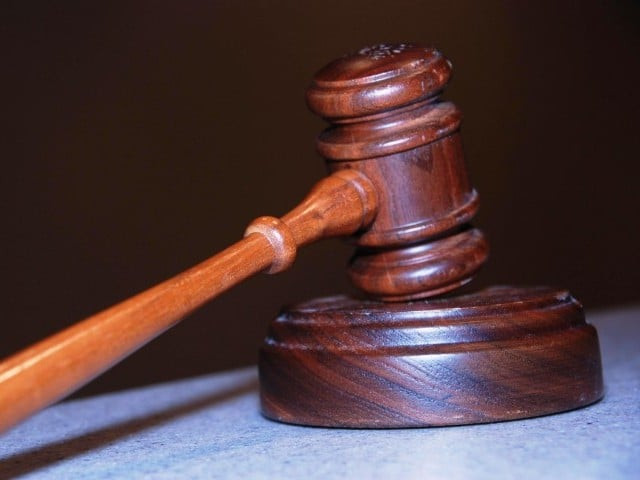Parliament must seize the day
SC's verdict surprises many as the court does not lightly appeal to anyone's collective sense of wisdom.

The petitioners in the 18th Amendment case sought to strike down as many as 26 provisions of the constitution enacted by parliament. However, the heart of the challenge was Article 175A which radically alters the procedure for the appointment of superior court judges.
Under the new Article 175A, appointments of superior court judges are now to be initiated through a judicial commission. Although this judicial commission will be led by the Chief Justice of Pakistan as well as other senior Judges, it would also include the law minister, the attorney general and a representative of the Bar Council in its ranks. Moreover, under Article 175A, an eight-member parliamentary committee comprising four members each from the Treasury and the Opposition would deliberate upon the nominations made by the Judicial Commission led by the Chief Justice and even have the right to veto the same with a three fourth majority.
Elected politicians having the right to veto the choice of the Chief Justice and other senior Judges is viewed as sacrilegious by many. Therefore, the new appointment procedure was assailed as an attack on the independence of the judiciary. Pakistan’s would be jurists are comfortable picking apart the caliber and integrity of the country’s much abused elected politicians. But, now those willing to serve in the superior courts will have to be scrutinized by parliamentarians to ascertain whether they are fit to wear judicial robes. “Kya ab jaali degree walay nayay judges ka interview laingay” was the common refrain amongst those challenging Article 175A.
Instead of sitting in judgment on the will of the Parliament, the Supreme Court has appealed to its collective wisdom and sought reconsideration. In asking the Parliament to reconsider Article 175A, the Supreme Court has indicated three changes which could make it workable. First, increase the number of judges in the judicial commission to four. Second, dilute the veto power of the Parliamentary Committee in a manner that if a nominee’s name is referred back to the judicial commission and the latter reiterates its recommendation, it shall be final. Third, the proceedings of the Parliamentary Committee shall be held in camera, but a detailed record of its proceedings shall be maintained.
The changes recommended in the Supreme Court Order do not defeat the Parliament’s urge for oversight into the appointments of superior court judges envisaged under Article 175A. In fact, the Supreme Court has shown the Parliament remarkable respect when it has acknowledged that “Judiciaries in all democratic setups are vulnerable to the power of legislatures to create, alter or impair judicial structures including the mode of appointing, removing and remunerating the Judges. In our country, like in some others as well, this power is tempered with constitutional guarantees that restrict legislative control over the judiciary. The Parliament was conscious of this scheme, because other than inserting Article 175 A, it did not amend any other provision on which is built the edifice of judicial independence or the provisions relating to the functions of judiciary. Only the appointment process has been changed and the avowed objective seems to be to strike a balance between judicial independence and democratic accountability/parliamentary oversight.”
Published in The Express Tribune, October 22nd, 2010.



















COMMENTS
Comments are moderated and generally will be posted if they are on-topic and not abusive.
For more information, please see our Comments FAQ